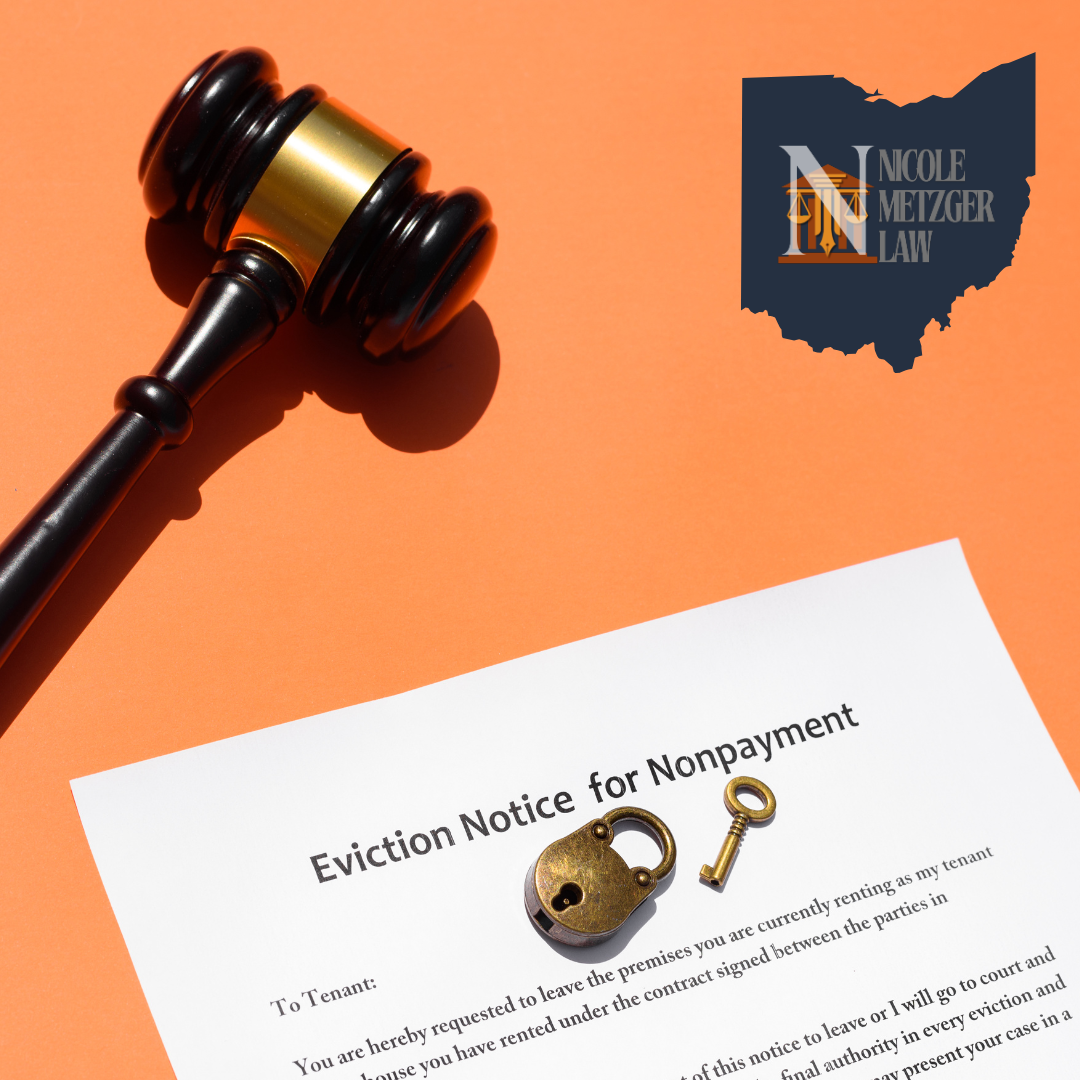If you’re behind on rent and worried about eviction, you’re not alone, and you might be wondering if bankruptcy could help you stay in your home. The answer depends on your situation, but in many cases, filing for bankruptcy can pause or delay an eviction in Ohio, at least temporarily.
Here’s a clear breakdown of how bankruptcy and eviction intersect — and what you can expect if you’re considering this path.
How Bankruptcy Affects Evictions: The Role of the Automatic Stay
One of the biggest protections bankruptcy offers is the automatic stay. This legal tool goes into effect as soon as you file for bankruptcy and immediately stops most collection actions, including:
- Wage garnishments
- Utility shutoffs
- Foreclosure
- And, in many cases, eviction proceedings
The goal of the automatic stay is to give you some breathing room while the bankruptcy case moves forward. That pause can be incredibly valuable — but it’s not a magic shield, and it doesn’t apply in every situation.
Key Factor: Has the Landlord Already Won in Court?
The most important detail in determining whether bankruptcy can help with eviction is this:
Has your landlord already gotten a judgment for possession from the court?
Here’s how it breaks down:
If the eviction case is still in progress (no court judgment yet):
Filing for bankruptcy will pause the eviction. Your landlord will be legally barred from continuing the process — at least temporarily — giving you time to figure out your next steps.
This can give you time to:
- Catch up on rent (if you’re able)
- Negotiate a payment plan or move-out date
- Find new housing without the pressure of a looming lockout
If the landlord already has a judgment for possession:
The automatic stay typically won’t stop the eviction at this stage. In Ohio, once the court has ruled in the landlord’s favor and granted possession of the property, the eviction is mostly out of your hands.
However, there’s a narrow exception that may still give you a second chance — if you can certify to the bankruptcy court that:
- Ohio law gives you the right to stay in the property by curing the rent default (paying the past-due rent in full), and
- You’re able to pay that amount within 30 days of filing your bankruptcy case.
If you meet both conditions and act quickly, you might be able to regain the right to stay in your home. But it’s a small window — and if you miss it, the eviction can move forward.
Special Situations: Drug Use or Damage to Property
There’s another important exception to the automatic stay:
If your landlord is trying to evict you because of illegal drug use on the property or because you’ve endangered the unit, they can request that the bankruptcy court lift the stay — and the court will typically approve that request.
This means bankruptcy generally won’t help in situations involving:
- Drug-related criminal activity
- Significant property damage
- Other safety or public health concerns
In these cases, even if you file bankruptcy, the eviction can still proceed.
Chapter 7 vs. Chapter 13: Which Type of Bankruptcy Offers More Help?
The type of bankruptcy you file also affects how your eviction situation plays out:
Chapter 7 Bankruptcy
- Typically used to discharge unsecured debts like credit cards, personal loans, or medical bills.
- Can eliminate past-due rent as part of the discharge.
- Won’t help you stay in the home long-term, but can buy you some time and eliminate other debts so you can afford new housing.
Chapter 13 Bankruptcy
- Allows you to reorganize your debts and make monthly payments over 3-5 years.
- Can be used to catch up on rent and potentially stay in your home, as long as the landlord hasn’t already gotten a judgment.
- You’ll need to keep making regular rent payments moving forward and repay the arrears through your Chapter 13 plan.
Practical Example: Timing Is Everything
Let’s say you’re two months behind on rent and your landlord files for eviction. If you file for bankruptcy before the eviction hearing, the automatic stay kicks in and stops the process. You might then work out a plan to catch up on payments through Chapter 13.
But if you wait until after the eviction hearing and the landlord has won a judgment, your options shrink dramatically — and unless you can pay all back rent within 30 days, the court may allow the eviction to continue.
Bankruptcy Isn’t a Long-Term Fix — But It Can Buy You Time
It’s important to know that bankruptcy won’t let you live rent-free, and it doesn’t make housing more affordable. But if you’re in a tough spot and need a temporary lifeline, it can give you the breathing room to:
- Get back on your feet
- Catch up on rent or find new housing
- Eliminate other debts to make future rent more manageable
- Avoid homelessness or a rushed move-out under stress
Next Steps: Talk to Someone Who Understands the Law — and Your Situation
If you’re facing eviction and thinking about bankruptcy, it’s essential to get advice from someone who understands the ins and outs of both systems. The details matter — and having the right plan can make all the difference.
At Nicole Metzger Law, we help individuals across Ohio make informed decisions about their financial future. Whether you’re considering bankruptcy to stop eviction or simply want to explore your options, we’re here to provide straightforward guidance with compassion and care.
Reach out today to schedule a consultation and get the clarity you need to take your next step forward — with confidence.

